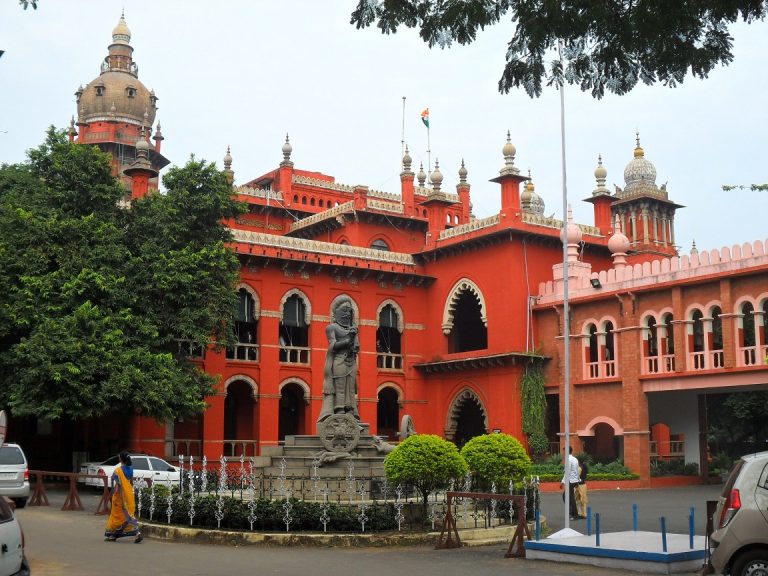
The DMK, the main opposition party in Tamil Nadu on Friday moved the Madras High Court challenging the 10 percent reservation for the poor among the general category that was ratified by parliament earlier this month.
In its public interest petition, the party said that the concept of reservation, being an exception to the equality clause, is only justified when it is used for the purpose of upliftment of communities (OBC, SCs and STs) which have suffered discrimination and oppression. Economic criteria alone cannot be the basis of such this move since reservation is not a poverty alleviation scheme.
The reservation in Tamil Nadu is already at 69
per cent due to the operation of the Tamil Nadu Backward Classes, Schedules Castes and Scheduled Tribes (Reservation of Seats in Educational Institutions and of Appointments or Posts in the Services under the State) Act, 1993 (Tamil Nadu Act 45 of 1993) which has the protection of Article 31-B and has been placed in the IXth Schedule of the Constitution.
Therefore in Tamil Nadu, the reservation cannot exceed the 69 per cent when compared to other states, where it cannot exceed 50 per cent of the total seats available since the same would then be contradictory to the principle enshrined in Articles 14, 15(1) and 16 (1) of the Constitution.
The power to amend the Constitution, though vast, is subject to the ‘basic feature doctrine’ as propounded by the Supreme Court in the case of Keshavananda Bharati vs. State of Kerala, (1973).
The impugned amendment Act tampers with the fundamental rights and changes the basic structure of the constitution. An amendment to the Constitution is also liable to be struck down on the grounds of manifest arbitrariness and non-discrimination, both being facets of Article 14, which is now well enshrined as an “untouchable” basic feature of the Constitution, he said.
—India Legal Bureau

